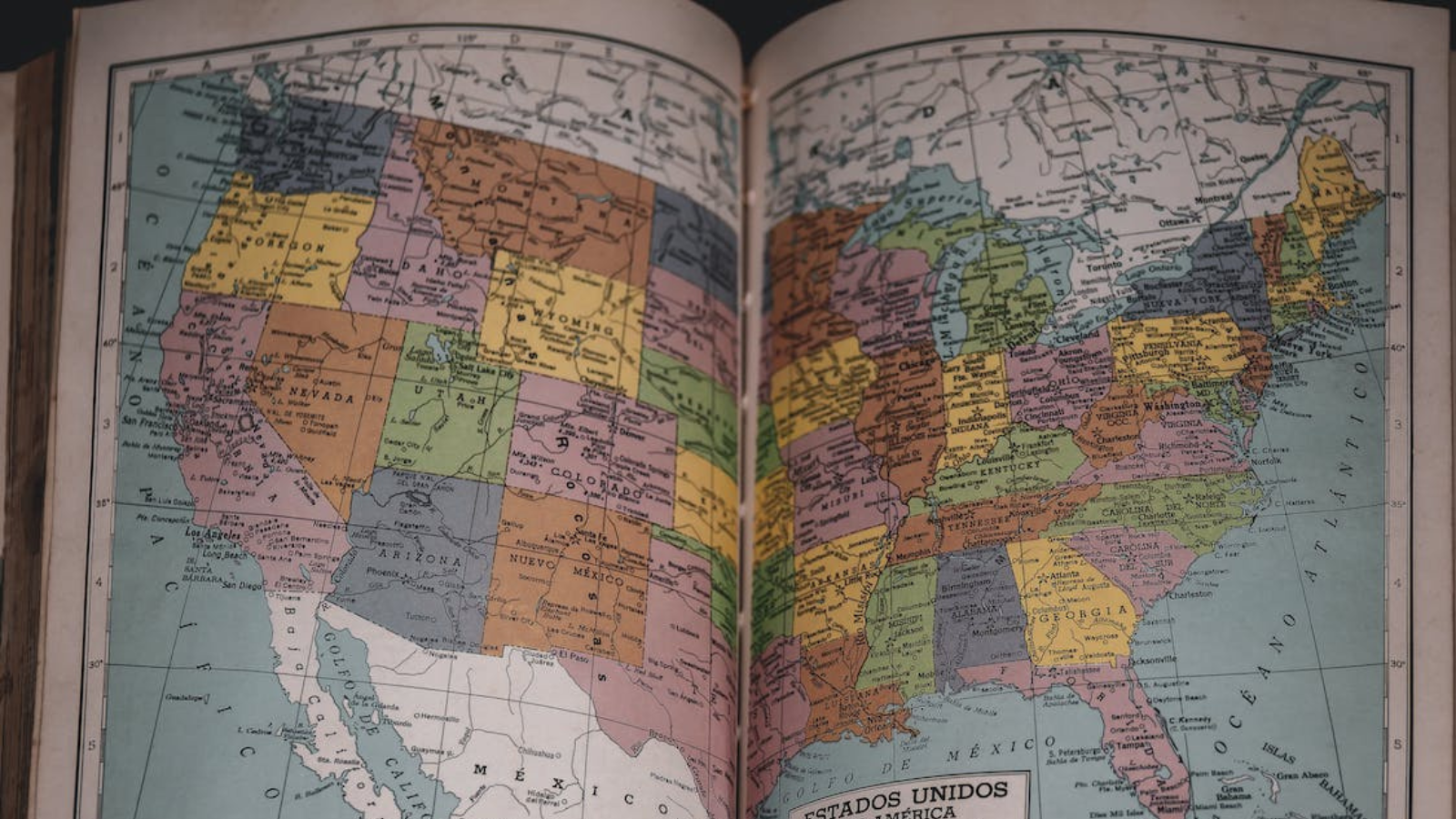Poker news | Feb 01, 2023
What states is online poker legal in?
By RTR Sarah
With America’s strict laws regarding the legality of online poker, it can be difficult to determine which states online gambling is lawful in.
Online poker in the United States has been around since the late 1990’s. Back then, the online market was unregulated. In 2006, Congress passed the Unlawful Internet Gambling Enforcement Act (UIEGA) in an attempt to regulate online gambling. This new legislation meant many operators were unable to thrive in America and only a few sites could remain in the market.
These few sites were not able to survive the new regulations for long. On April 15, 2011, otherwise known as Black Friday, the United States launched a federal criminal case against the three biggest companies in the online poker market: PokerStars, Full Tilt Poker, and Cereus (Absolute Poker/Ultimatebet).
The domains for all three operators were seized by the Department of Justice. Many high-profile associates of the companies were accused of engaging in money laundering and bank fraud, as well as violating the UIEGA. All American players eventually lost access to their accounts and it would take years until they would be completely compensated.
It took until 2013 for regulated online poker to make a comeback in America. Seven months after Black Friday, a request to clarify the 1961 Wire Act had been answered by the Department of Justice. The request determined that individual states would now be able to legislate their own laws regarding online gambling, with online cash games only legal if played within the state borders. A person does not need to be a resident of that state in order to play online poker, as long as they do so within state borders.
Which states can I play online poker in?
As of February 2023, Delaware, Michigan, New Jersey, Nevada, and Pennsylvania are the only states in the United States to have licensed online poker sites in operation. West Virginia and Connecticut have passed legislation that legalizes online gambling but currently no online sites are in operation.
It is probable that Arizona, Colorado, Illinois, Iowa, Maryland, Massachusetts, Ohio, and New York could be the next to legalize online poker. Land-based casinos already exist in these states and interest has been shown to potentially legislate online gaming.
In Alabama, Alaska, Arkansas, Georgia, Hawaii, Idaho, Kentucky, Nebraska, South Carolina, Tennessee, Texas, and Utah, it is extremely unlikely that online poker will be legalized in the next decade. Hawaii and Utah are the only two states that prohibit gambling in any form, including the lottery and bingo, largely due to moral and religious views.
Nevada
Nevada was the first state to legalize online poker in the United States in 2013.
World Series of Poker (WSOP) is the only site in Nevada to offer online poker. With only 3.1 million residents the player pool is small, which is why other sites like Ultimate Poker did not survive in the market.
New Jersey
New Jersey became the second state to legalize online gambling, only one day after Nevada.
9.2 million people live in New Jersey, considerably more than Nevada, so there is a greater variety of online gambling sites. Residents can play online poker on WSOP, BetMGM, partypoker, and Pokerstars.
Delaware
Eight months after Nevada and New Jersey, Delaware legislated online poker.
With only 1 million residents in Delaware, it is unlikely that online poker sites would operate in the state if it wasn’t for the Multi-State Internet Gaming Agreement (MSIGA) that Delaware signed with Nevada in 2014. The agreement means that online poker players can be pooled together and compete with players from across state lines. States with a low resident population can therefore gain high traffic figures and remain profitable for operators in a shared liquidity deal. In 2017, New Jersey was the third state to join the MSIGA.
WSOP is the only online poker site that operates in Delaware. Out of all the states which operate legal poker sites, Delaware brings in the smallest poker revenue.
Pennsylvania
In 2017, Pennsylvania became the fifth state to legalize online poker.
With 13 million residents, Pennsylvania brings in a large amount of poker revenue. Borgata, which is partnered through BetMGM, partypoker, and PokerStars, and WSOP, partnered through 888, are the current online poker sites available in the state. WSOP bracelets have been hosted in Pennsylvania and will likely be again in the future.
Michigan
Michigan legalized online poker in 2019, but the coronavirus pandemic meant that online gaming operators did not launch in the state until early 2021.
Pokerstars, BetMGM, and WSOP are all licensed to operate in Michigan. With 10 million residents in the state, the online poker revenue is high. Last year WSOP hosted online bracelet events in Michigan.
In April 2022, Michigan became the fourth state to join the MSIGA.
Connecticut
Connecticut is the most recent state to pass legislation for online gaming, the bill being signed into state law in 2021.
There are a variety of sites which offer online sports betting and online casino games in the state, but none have launched an online poker site. This is likely because only 3.6 million people reside in Connecticut, meaning there are too few online poker players for the market to be profitable.
For online poker operators to launch in Connecticut, the state would need to join the Multi-State Internet Gaming Agreement alongside Nevada, New Jersey, Michigan, and Delaware.
West Virginia
In 2019, West Virginia passed a bill to legislate online poker and casino games.
Like Connecticut, West Virginia’s small resident population means that no online poker sites have applied for an online internet gaming licence. The state only has 1.7 million residents and therefore the market simply is not profitable enough unless it joins the Multi-State Internet Gaming Agreement.
West Virginia would need to join the Multi-State Internet Gaming Agreement, like Connecticut, in order for online poker operators to consider launching in the state.
